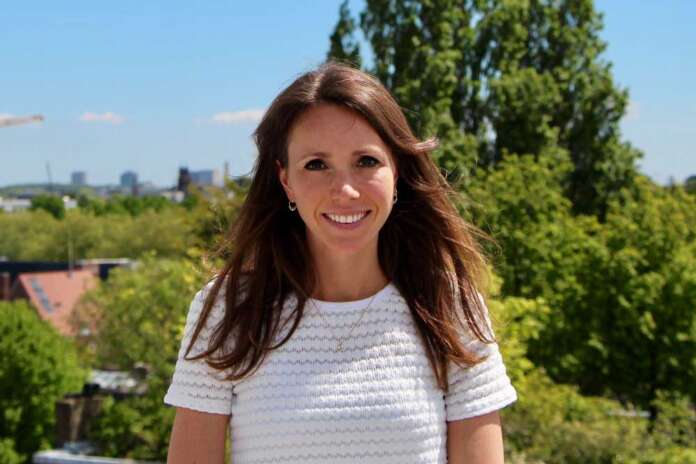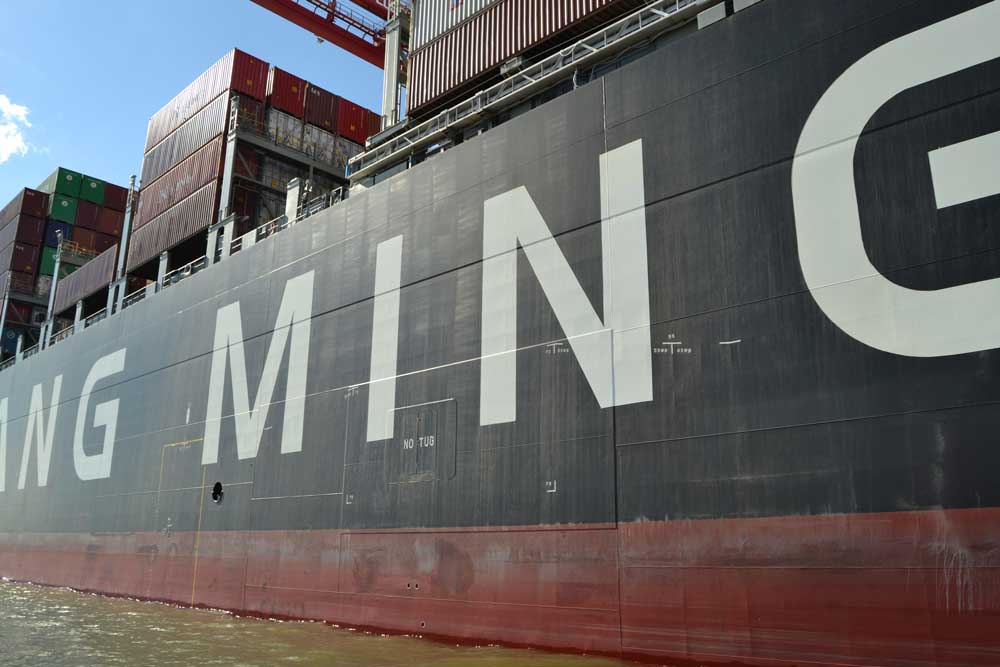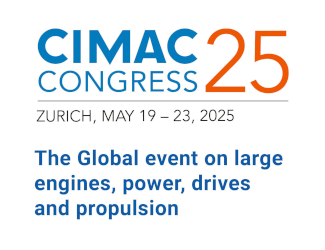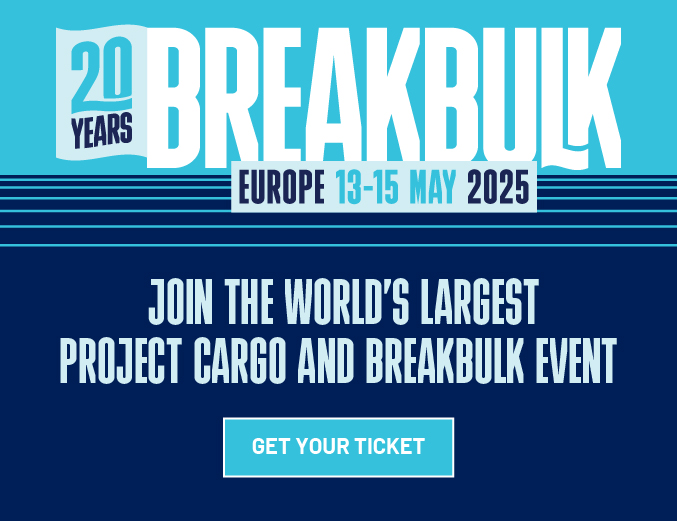
As the global pandemic continues to impact all aspects of shipping, it also reveals the ability of society and business to quickly adapt plans and approaches in meeting their decarbonisation targets.
COVID-19 and its knock-on economic effects have undoubtedly sent shockwaves throughout the shipping industry, exacerbating the challenges for a sector still managing the transition to the IMO’s global Sulphur Cap. In addition to these challenges, a study earlier this year by UMAS estimated that the investment needed between 2030 and 2050 to decarbonise shipping will total approximately $1.4 trillion. This duel impact and the sheer scale of the challenge ahead has led to fears that shipping may turn back on decarbonisation goals and focus on other priorities.
Trigger for intelligent recovery
Yet, while conventional thinking may be that shipping might be distracted from focusing on its carbon goals, COVID-19 has also shown how societies and businesses can quickly adapt plans and approaches when needed. Across the shipping industry, we are seeing new partnerships form and existing ones grow. Rather than having a negative impact, there is an argument that the lessons learnt from COVID-19 can trigger an intelligent recovery, galvanising shipping into meeting its GHG emissions targets by 2050.
Reaching the IMO’s goals will rely on a combination of advanced clean technologies, pioneering new fuels and energy, and a collaborative effort by maritime and energy stakeholders.
Shipping’s decarbonisation target hinges on the development of low carbon, alternative fuels and energy. Although the industry still needs to pick up the pace, there are already existing solutions on the market that can help shipping companies to meaningfully improve their sustainability and reduce their environmental impact.
The work of pioneering first movers driving decarbonisation has proved absolutely essential to the rest of the industry, and has certainly spurred on more companies to put their words into action, and we are proud to support them.
CMA CGM, Boskalis, Stena, Jan de Nul…
For the past five years, GoodFuels has focused on the widescale use of advanced sustainable biofuel, and we have developed a carbon-busting solution that is truly scalable, sustainable, technically compliant, affordable, and works in today’s fleet. We supply our biofuels to many marine segments, spanning a wide fleet from tankers and containers to dredgers and car carriers. Together with our clients and partners, such as CMA-CGM, A/S Norden, Boskalis, Jan De Nul Group, Stena Bulk and UECC, we are demonstrating the applicability of biofuel for every shipping segment and proving that there are sustainable solutions ready on the market today.
BMW, IKEA…
Despite the disruptions and delays caused by the global pandemic, we continue to perform strongly and accelerate uptake, among others, through trialling biofuel with partners in association with GoodNRG’s sister company, the GoodShipping Program. The Program partners with shippers and cargo owners, such as BMW Group, IKEA and Tony’s Chocolonely, to make their shipments less polluting by committing to a reduction in their sea freight CO2 emissions. This gives them a way to make an immediate impact and improve the sustainability of their supply chains, and support the acceleration of the energy transition within shipping, while achieving the sustainability goals that their customers demand.
By continuing these long-term collaborations with forward-thinking companies and acting as their transition partner, we believe biofuels are a true solution to shipping’s challenges, which can be used today and tomorrow.
We are living in a time when collaboration and leadership are extremely impactful and relevant. The outbreak of COVID-19 has triggered new partnerships, new conversations, and fast-paced innovation happening on a scale never seen before; providing hope that if we take an intelligent recovery approach, we can meet our decarbonisation goals. We must not let the pandemic derail our efforts but should instead use the current situation as the force we need to accelerate these changes. This is particularly relevant given the scale of the challenge ahead; we must not lose momentum, but embrace a cleaner, greener future for our whole industry.
Isabel Welten
Chief Commercial Officer – GoodFuels
Sie kennen sich in der maritimen Branche aus und haben tiefen Einblick in ein bestimmtes Thema und eine starke Meinung dazu? Schicken Sie uns Ihren Vorschlag für einen Beitrag zur HANSA Speakers’ Corner.


















